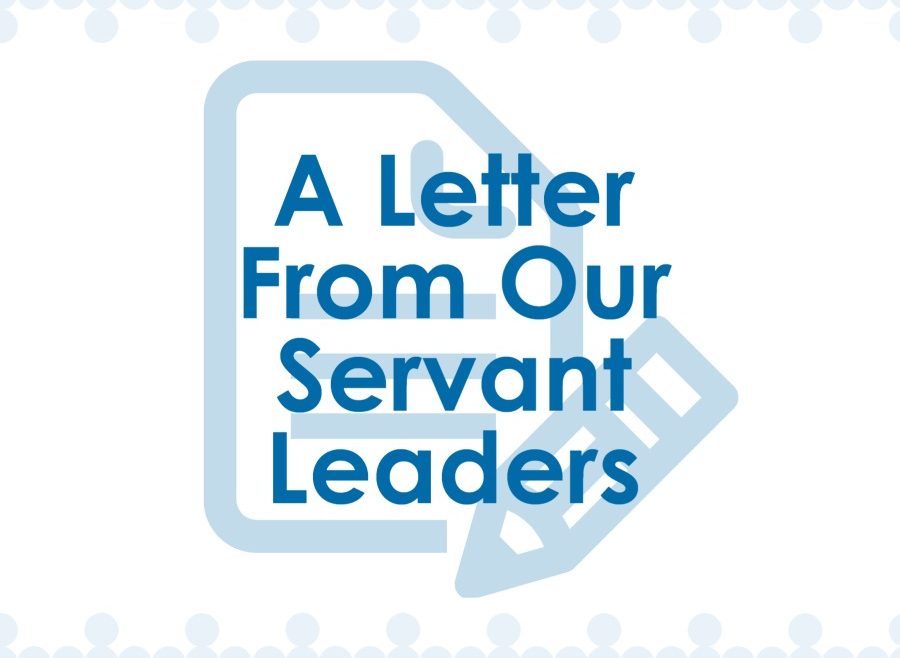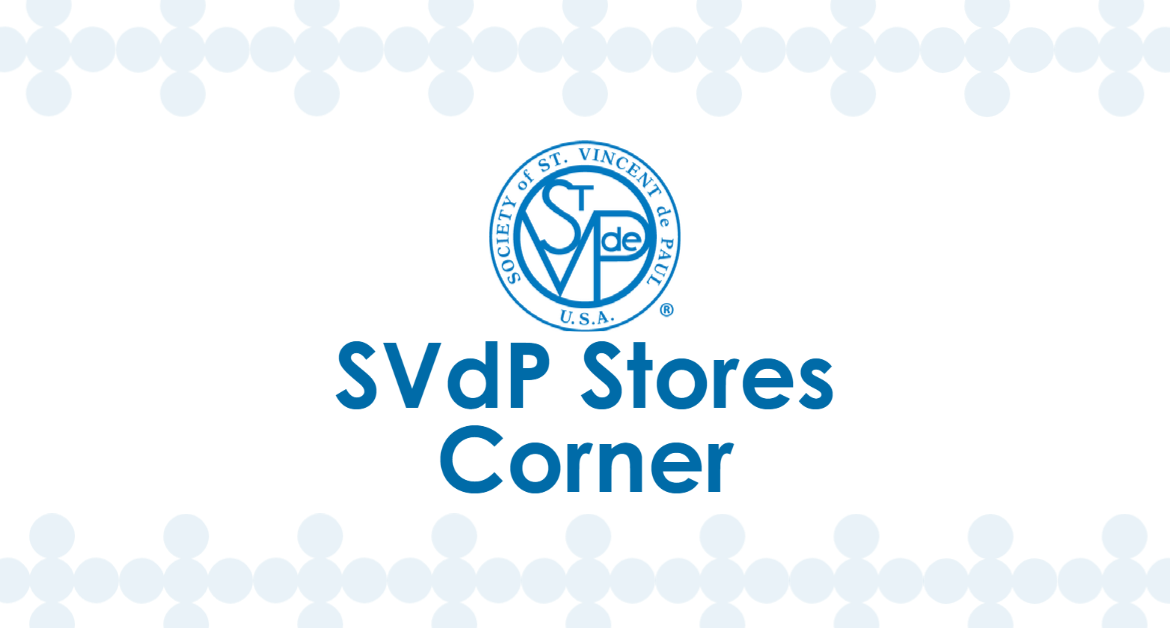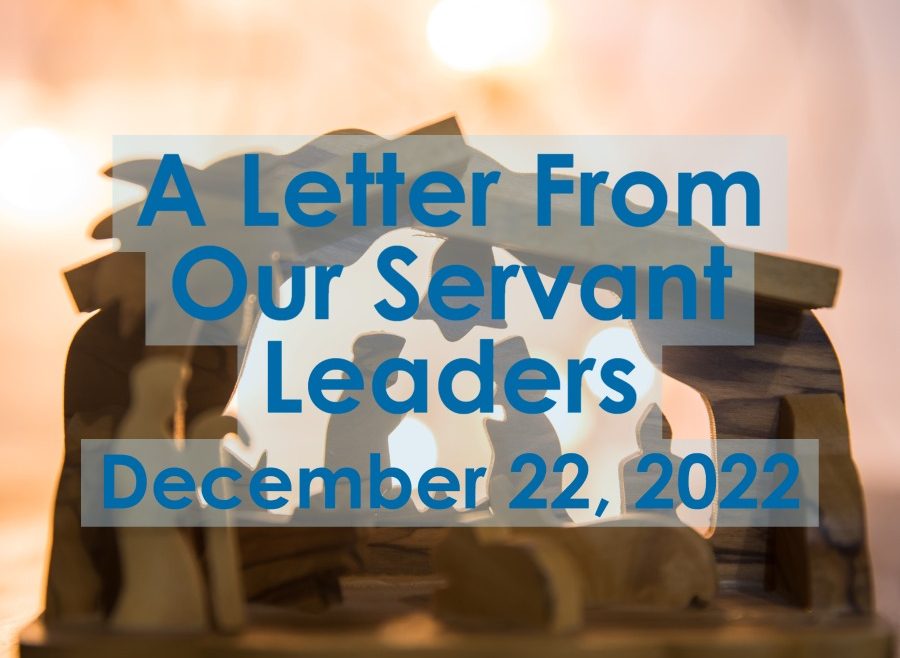Sometimes the sign is right in front of you.
The hotel staff would come by to clean the room unless I put the Do Not Disturb sign on my door. Since I had work papers all over the place, I didn’t want the risk of having some or all of them tossed away. While still in the room, imagine my surprise when I heard the knock and “Housekeeping” call at my door. I answered and politely declined the service. I then left for a couple of hours. When I returned, with the sign still on the door, the phone rang. The friendly hotel person said they were doing a “wellness check” on me. Why would they do that? Because the Do Not Disturb sign was on my door for hours. I said that I was okay, thanks, and didn’t want to be disturbed. “Oh, we didn’t know,” she replied. “That’s why I had the sign, the one that says, you know, Do Not Disturb on it.”
Sometimes we read the signs and move ahead anyway.
Joe was pulled over for a traffic stop. “You didn’t stop at the Stop sign,” the officer politely told Joe. “I need to give you a ticket.” “But I know I slowed down,” replied Joe, “What’s the difference?” The officer pulled out his steel baton and began tapping it on the windshield. “Hey, what are you doing? You might chip my glass. Please stop doing that!” implored Joe. The officer smiled, kept tapping, and replied, “You sure you don’t want me just to slow down?”
Every day, we see signs of God’s graces in our lives. We wake up, which in itself is a pretty good start! We see the sunrise. As Vincentians, we get to serve the Lord and our neighbors and feel good about doing so. We make and continue friendships to make life worth living. We have food and drink to nourish ourselves, blessings from God’s goodness. If we look each day, and sometimes we need to look more closely than on other days, we see signs of God’s miracles all around us. Let’s be intentional in our being thankful, instead of focusing on the negatives we let control our spirits without our permission.
Sometimes to see the signs, we need a little help.
When we celebrate Mass in communion with our family and friends, we are reminded through the Gospel and readings of God’s presence in our lives. If we just allow it, faith flows into our hearts. We leave the church refreshed.
So many of our neighbors, and even our family members, have left their faith. For the first time in our country’s history, those expressing “no faith” regardless of their family’s history are nearing the majority. The signs of God and Heaven are all around them, but they either believe that all those blessing don’t flow from a divine presence, that “science” explains everything, or that they make their own luck. They believe that even the miracle of their own human birth is just something that happens in nature by random coincidence; they could have been a blade of grass or a parakeet.
Even the explorers needed a trail guide.
Yes, the signs of a living God are all around us. Maybe, though, some need help to see them. Explorers often use a guide to see what they can’t, the hidden signs and clues provided by others that their destination was ahead of them. Edmund Hillary didn’t ascend Mt. Everest on his own; the Sherpa Tenzing Norgay (look it up) showed him the signs along the way.
At some times in our life we are the explorers, and at others we are, or can be, a guide for others. Often, when we serve as guides we learn a little bit more ourselves, don’t we? What can we do today, even right now, to be a guide for someone we care about? How can we help others to see the signs of Christ we see often? We are blessed to be Vincentians and to undertake a life journey of greater holiness. Who can we bring along with us, if even for a little while, on our journey?
Yours in Christ,
Dave Barringer
CEO






